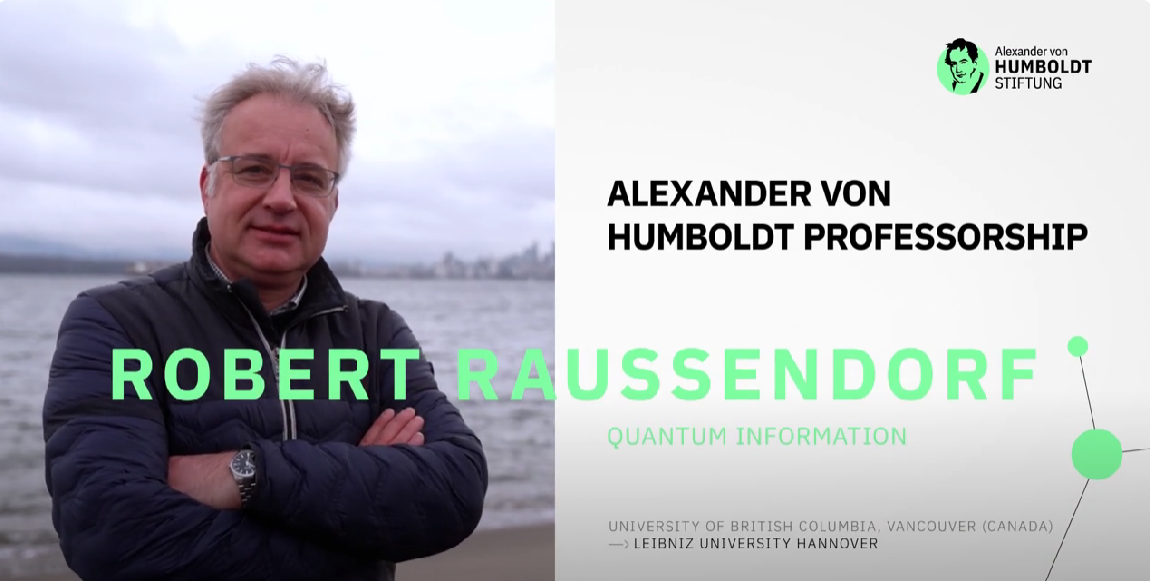Robert Raußendorf Aims to Pioneer Next-Gen Quantum Computing, Tackling Qubit Fragility & Algorithm Challenges

Robert Raußendorf, a pioneering researcher in quantum computing, recognizes the immense potential but also daunting challenges in building scalable, fault-tolerant quantum computers.
In a recent video released by Alexander von Humboldt-Stiftung — a foundation that promotes international academic cooperation between excellent scientists and scholars from Germany and from abroad — Raußendorf stated his core motivation plainly: “I want to help build this ground. That fascinates me. It’s work that I love doing.”
A key obstacle is the fragility of quantum bits (qubits) which are “very sensitive to disturbances, causing calculation errors.” Raußendorf’s expertise lies in quantum error correction methods to maintain stability.
“What would really sweep me off my feet would be progress on quantum algorithms,” he said. “This is also the focus of my work.”
Despite the difficulties, Raußendorf sees quantum computing’s disruptive potential.
“The technological level of classical computers is exhausted and quantum computers are only at the beginning,” Raußendorf observed. “That would be a big achievement.” Applications span materials science, drug discovery and cracking currently intractable mathematical problems.
Raußendorf’s new role at Leibniz will allow him to further advance the field, both developing quantum algorithms and “educating the next wave of quantum physicists in Germany.” His expertise in fault-tolerance is vital as “these systems are getting harder to control” at greater qubit scales.
While formidable challenges remain, Raußendorf’s career has focused on key roadblocks to realizing quantum computing’s transformative potential — a passion he brings to his pioneering work in Hannover.
Featured image: Credit: Alexander von Humboldt-Stiftung
